Flying high with this Zimbabwean farmer
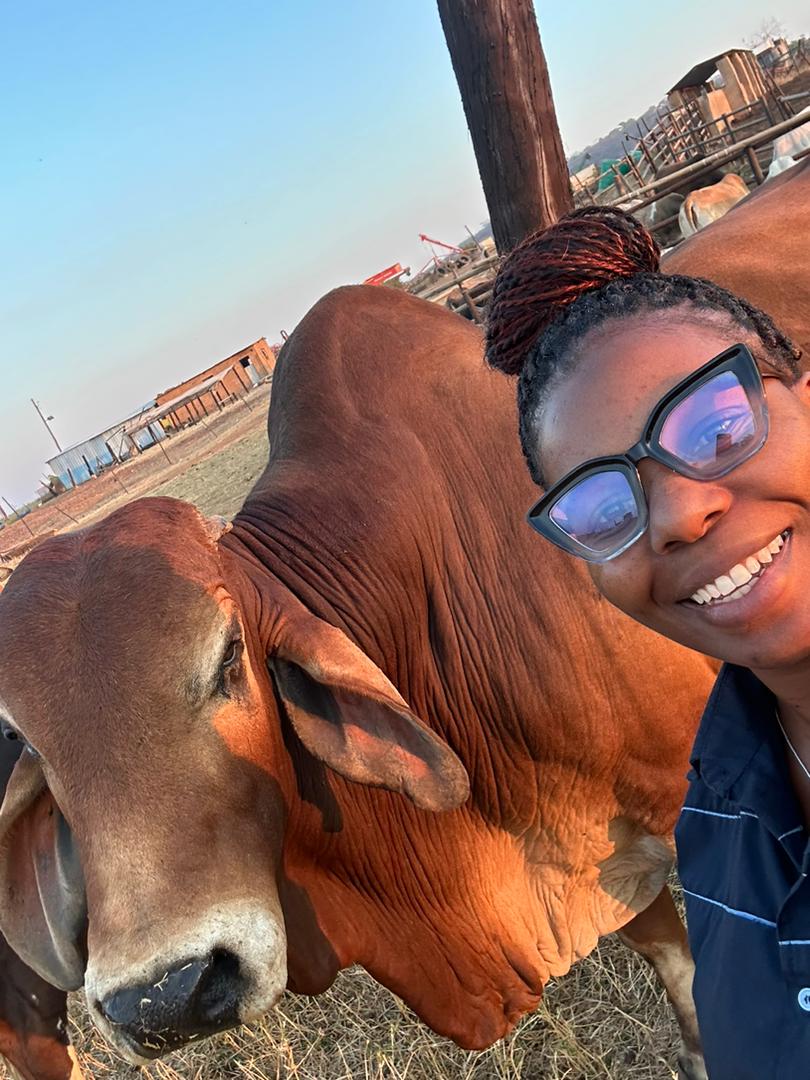
Mufaro Dzvova, one of Zimbabwe's few female commercial pilots, has diversified into livestock production in recent years. She shares her unique perspective on blending her formal career with her farming passion while forging a path as part of a growing number of female farmers in the country.
Flybae Ranch
Mufaro founded FlyBae Ranch in 2018 as a tribute to her formal training and aviation background. Growing up in a farming family, she pursued a career as a commercial pilot and engineer, becoming qualified in both fields. Her passion for livestock farming ignited when her parents gifted her a cow named Lemon after she graduated from Flight School in 2012. Lemon later birthed twin calves, deepening Mufaro’s love for animals.
Over the years, she has cultivated a sizeable flock of Dorper sheep, Brahman, and Nkone cattle. Today, FlyBae Ranch is a thriving livestock operation that combines her expertise in engineering, piloting, and traditional farming, showcasing Mufaro’s ability to integrate her diverse experiences into a successful agricultural business.
Personal journey
Now aged 35, Mufaro obtained her Commercial Pilot License after beginning flying at 19. “Driven by my curiosity, I pursued further education to grasp the technical and management facets of aviation. I hold a first-class degree in MEng Mechanical Engineering, as well as an MSc in Engineering Management and another MSc in Aviation Safety, Risk, and Regulation from London.
“Additionally, I have completed several professional courses and received various awards. This diverse background has allowed me to work as both a pilot and engineer with the national airline, in the private sector, and currently with the Space Agency.”
Farming was never on Mufaro’s radar growing up. “I always aspired to be a pilot since we lived just three minutes from the international airport. However, my dad owned a farm in Chegutu since I was in Grade 1. He would take me along, and we’d capture moments in the wheat fields, go fishing, hunt, and milk the dairy cows. I was just a kid enjoying those experiences.
“After completing my tertiary education, I found myself drawn back to the fields. This journey began after I graduated from flight school in 2011 when my parents surprised me with a heifer, named Lemon, as a graduation gift. I was taken aback! I left the heifer at the farm and moved on with my life to pursue engineering and other interests elsewhere.
Lemon, the heifer, gave birth to twins and continued to be a productive cow and by 2019, Mufaro had a herd of 19 females and one steer.
When Mufaro relocated home, she ventured into pen fattening. “My first attempt was unsuccessful, but I’m determined and never give up easily. I tried again and achieved super grade within 65 days using my own feeding formula made from crop residues at my dad's farm. That's how my cattle farming journey began, and the profits were quite rewarding!”
Currently, Mufaro rents two farms in Selous and Chegutu, incorporating a stud herd of Grey Brahman cattle, a stud herd of Nguni imported from Namibia, and some quality commercial Red Brahmans; the total herd size being around 290 animals - and currently, 90 calves at foot. Additionally, she raises Dorper sheep, Boer and Kalahari goats.
Unique perspectives and challenges
As a female cattle farmer, Mufaro has faced specific challenges and opportunities that differ from those faced by her male counterparts. Persistent gender bias in the industry often leads to doubts about her capabilities. “I often have to work harder to prove my skills and knowledge.”
The farming field is predominantly male, mirroring her professional career, making it necessary for her to demonstrate her competence repeatedly. Over time, she has shifted her focus from seeking acknowledgement to prioritising production, which has attracted interest in her work.
While navigating the dynamics of a male-dominated field, Mufaro has learned to develop a thick skin. “I've faced challenges with some men, including farm workers, who may not respect female leadership. This can disrupt productivity, so I learned to dismiss those who undermine my authority, which has earned me greater respect over time.”
On mentorship, Mufaro is candid: “I haven't received support or mentorship from other women in the industry, as there are very few women, especially my age, in this field.” Recognising this as a barrier for other women in farming, she actively supports female mentees.
“I aspire to educate and mentor other women in agriculture, creating a supportive network and promoting gender equality in the industry. Ultimately, I hope to establish my farm as a model for best practices in cattle farming, contributing positively to the local community and the agricultural sector in Zimbabwe.”
Mufaro has been involved in initiatives supporting women in agriculture. Her experience has been largely positive, as these platforms provide valuable resources and community among women. “Through these initiatives, I’ve had the chance to share my knowledge and learn from others, empowering myself and my peers.”
Balancing the demands of cattle farming with family, community, and work commitments requires careful time management. “I set clear boundaries for my time and allocate specific hours for farming tasks, family activities, and my professional responsibilities, ensuring I’m present in all areas of my life.
“Delegating responsibilities is also crucial; I involve family members in farming activities and collaborate with colleagues in my aviation work. Additionally, I take regular breaks to recharge, helping maintain productivity and balance in my life.”
Mufaro's experiences highlight a lack of representation and support from other women in agriculture, which makes finding mentors or peers challenging. “I’ve encountered situations where male workers may not take my leadership seriously, disrupting operations. Navigating these dynamics requires resilience and a proactive approach to assert my authority and demonstrate my capabilities.”
The challenge of renting farms adds complexity to her operations. Securing rental agreements can be more challenging for women, creating uncertainty about commitments. Mufaro recalls a time when she rented land in Beatrice. The owner evicted her and her workforce from the property without notice, in the middle of the night, resulting in the loss of some livestock.
Despite these challenges, Mufaro finds positivity in her gender. “Being a woman in this field has opened doors for unique opportunities, allowing me to build strong relationships and create a supportive network. My perspective enables me to approach farming and problem-solving in innovative and empathetic ways, resonating well with customers and the community.”
Cultural perceptions within the Shona community can also pose challenges. “There's a traditional belief that farming and leadership roles are primarily suited for men, leading to scepticism about my abilities as a female farmer. Balancing gender roles within the household, where women are often seen as caregivers, can create tension. However, I strive to challenge these perceptions by showcasing my capabilities and advocating for a more inclusive view of women's roles in agriculture.”
Mufaro has adapted her farming practices to align with her unique perspective and values. She focuses on sustainable ranching techniques that consider both animal welfare and environmental impact. “I prioritise building a supportive community around my farm, fostering collaboration with local farmers and organisations like ‘Young Women in Farming.’ I also leverage technology to streamline operations, using apps for monitoring animal health and managing farm activities, in addition to attending livestock management conferences like the ZHB Beef School in Bulawayo. This modern approach enhances efficiency and allows me to balance my various roles effectively.”
Industry trends
Mufaro believes the future of cattle farming in Zimbabwe holds both promise and challenges. An emerging trend is the increasing focus on sustainable and ethical farming practices, driven by consumer demand for quality and environmentally friendly products. This shift presents an opportunity for farmers to innovate and improve their practices.
However, significant challenges such as climate change, which impacts grazing lands and water availability, remain. Additionally, access to modern technology and infrastructure continues to be a hurdle for many farmers, potentially limiting growth and efficiency.
“Overall, I see potential for growth in the industry, especially if we embrace new technologies and sustainable practices while addressing ongoing challenges.
“My personal goals for my farming business include expanding my herd and improving the overall quality of my cattle through selective breeding and better management practices. I aim to implement more sustainable farming techniques that enhance productivity while being environmentally responsible.
“I plan to contribute to the growth and development of the cattle farming industry by sharing my knowledge and experiences through mentorship and training programs for aspiring farmers, particularly women. I aim to promote best practices in sustainable farming and encourage the use of innovative technologies.
“Additionally, I intend to collaborate with local agricultural organisations and participate in community initiatives that support farming education and resources. By fostering a supportive network and advocating for policies benefiting the agricultural sector, I hope to help strengthen the industry as a whole.”
“My advice to young women interested in pursuing a career in cattle farming is to believe in yourself and your abilities. Don't be discouraged by gender stereotypes; instead, focus on building your knowledge and skills. Seek out mentorship opportunities and connect with other women in the industry to create a supportive network.”
In closing, Mufaro urges anyone interested in cattle farming to stay informed about the latest practices and technologies, as continuous learning is essential. “Embrace challenges as opportunities for growth, and remember that persistence is key. With dedication and hard work, you can make a significant impact in the field of cattle farming.”

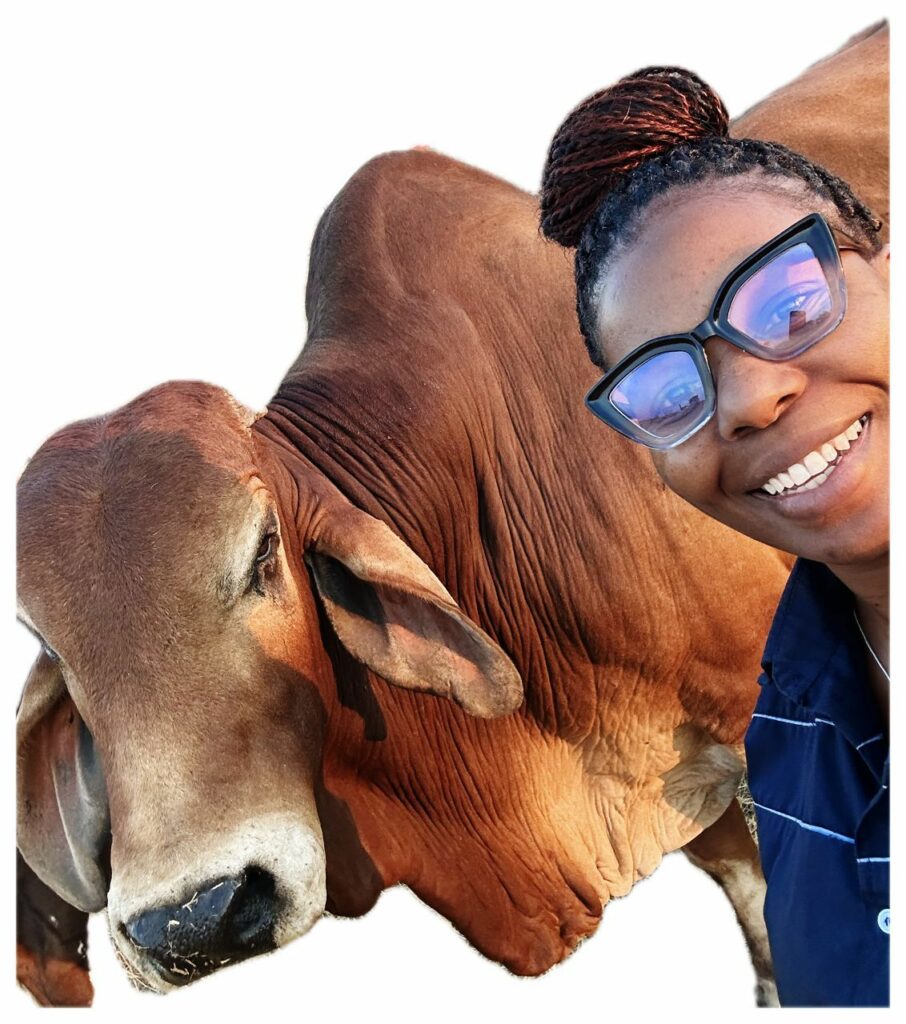
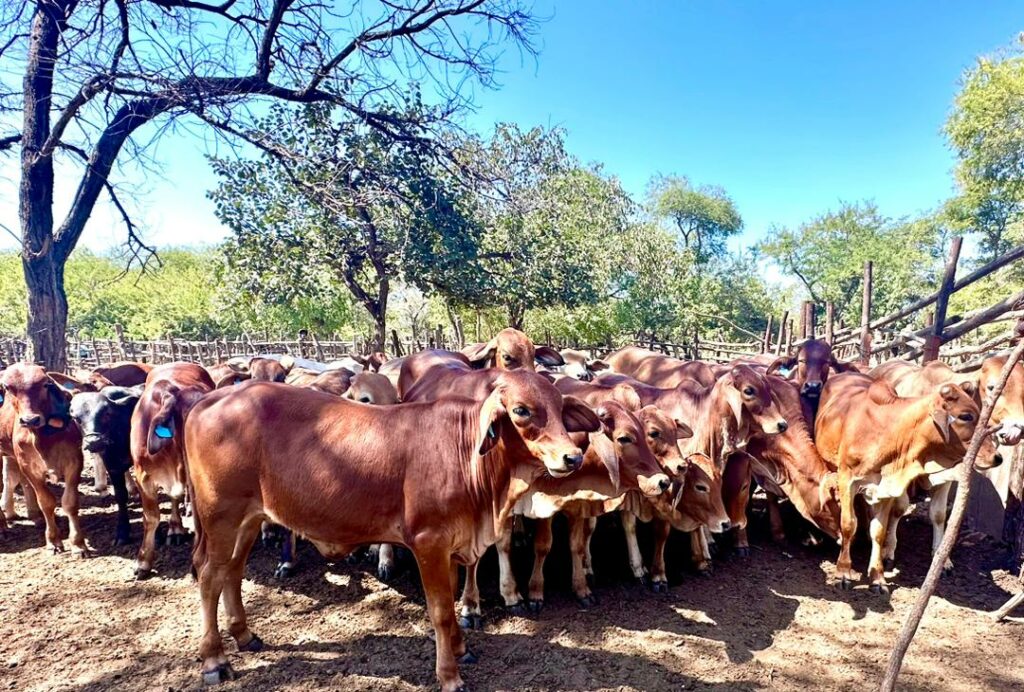
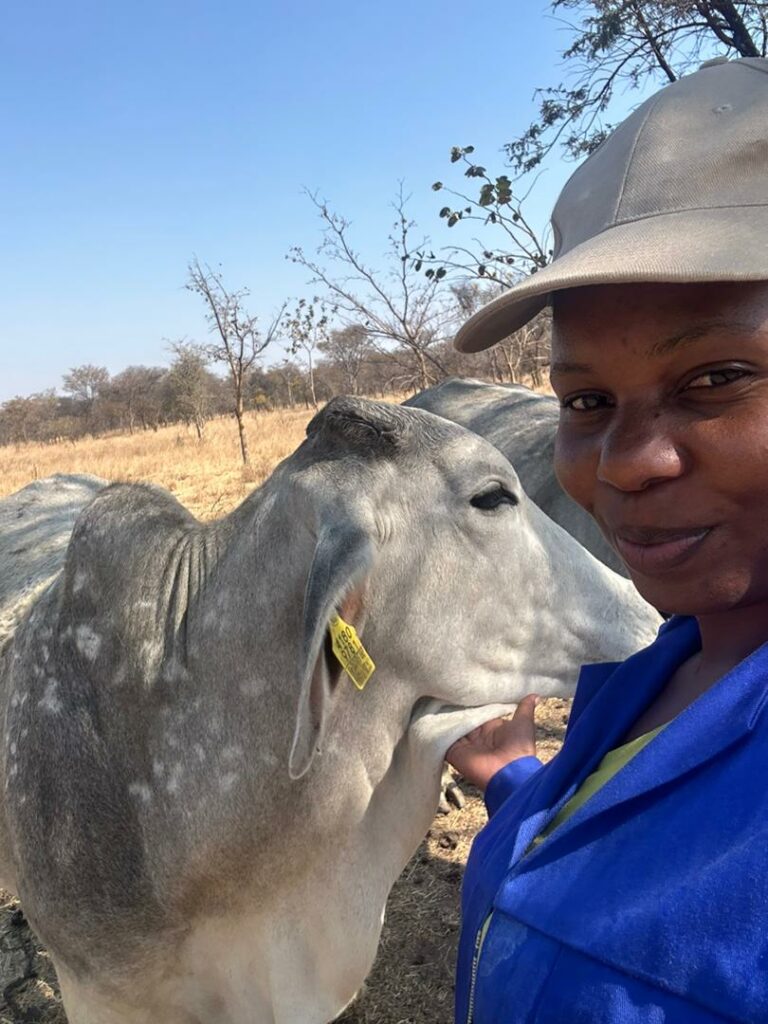
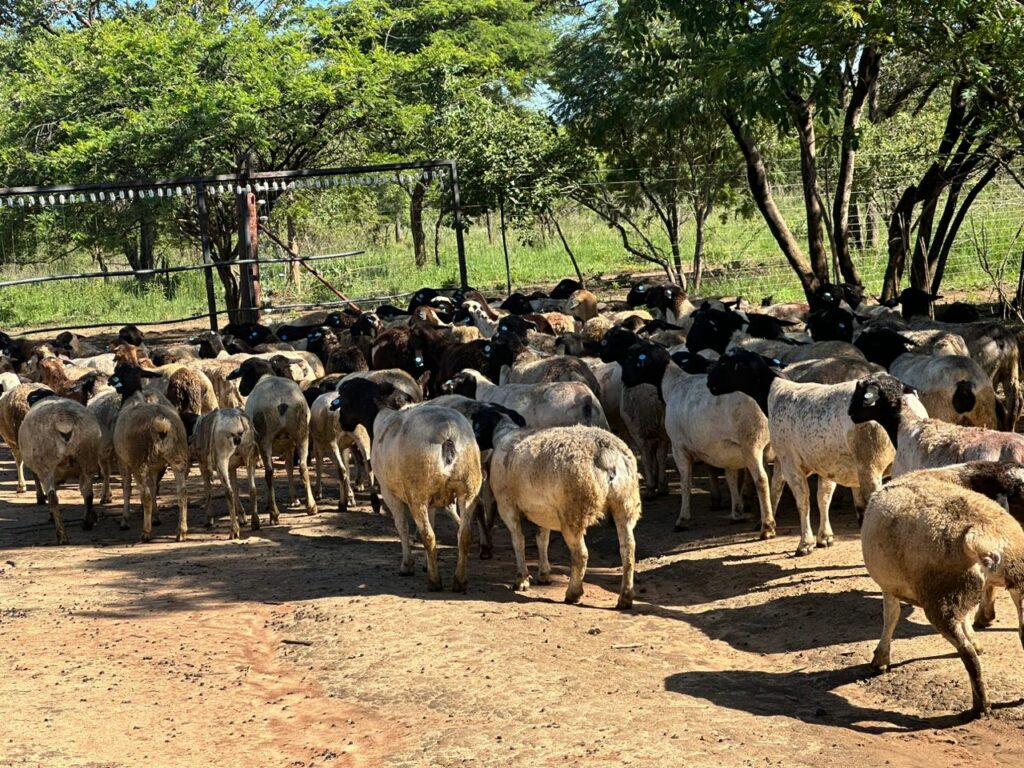
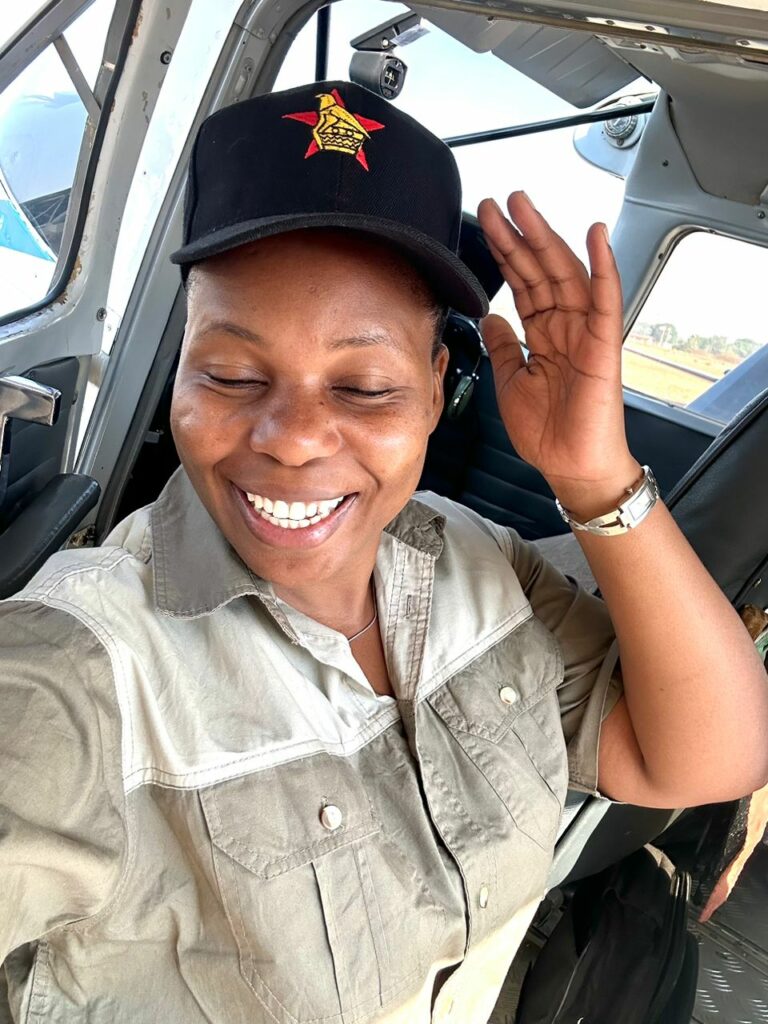
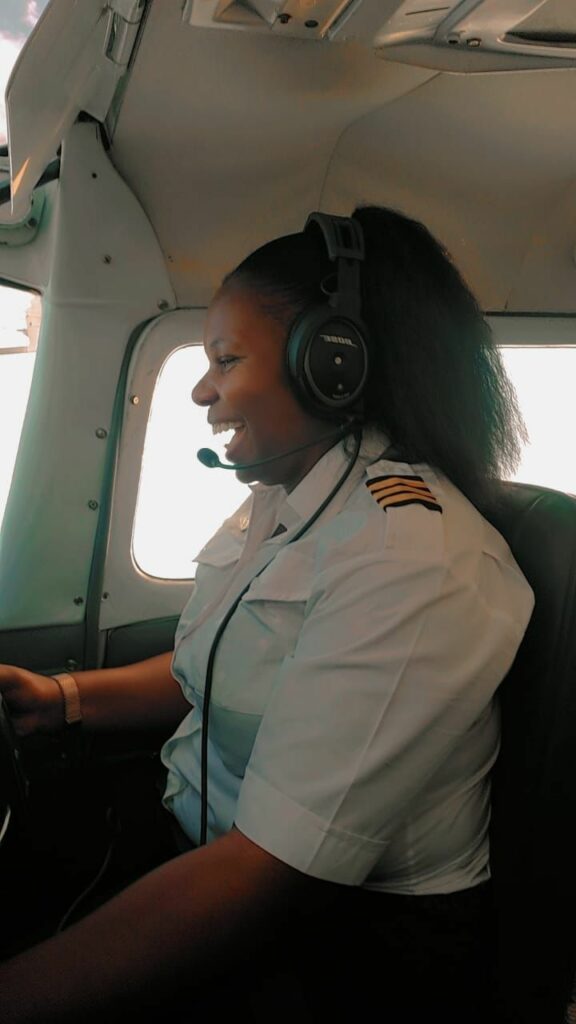
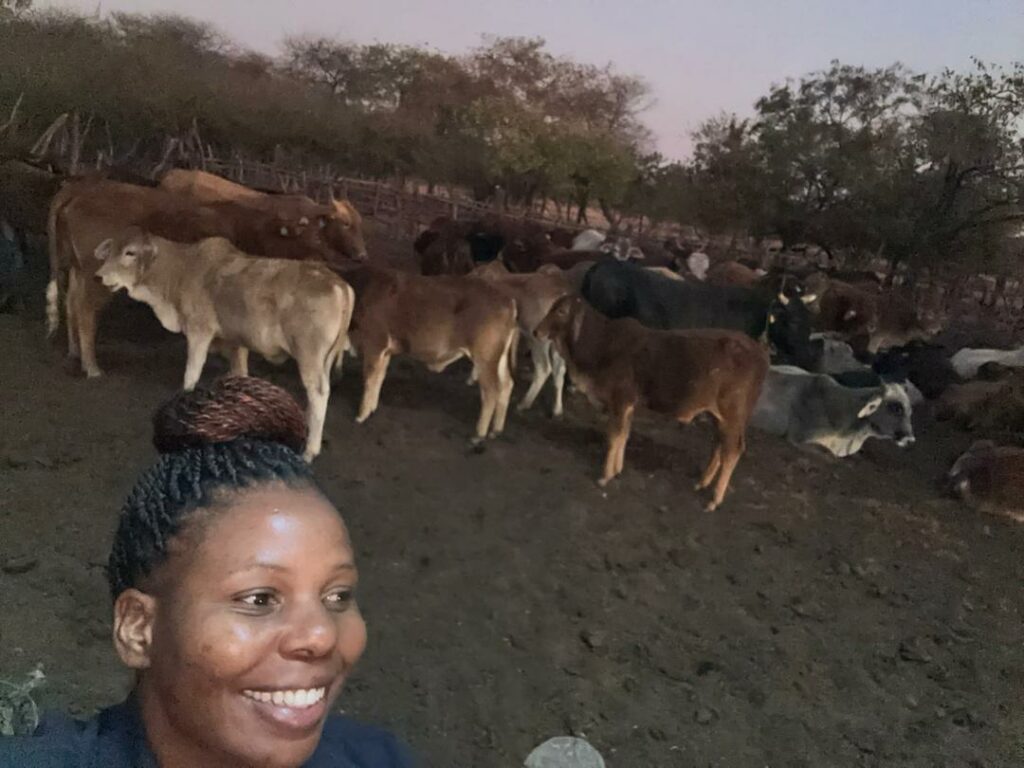
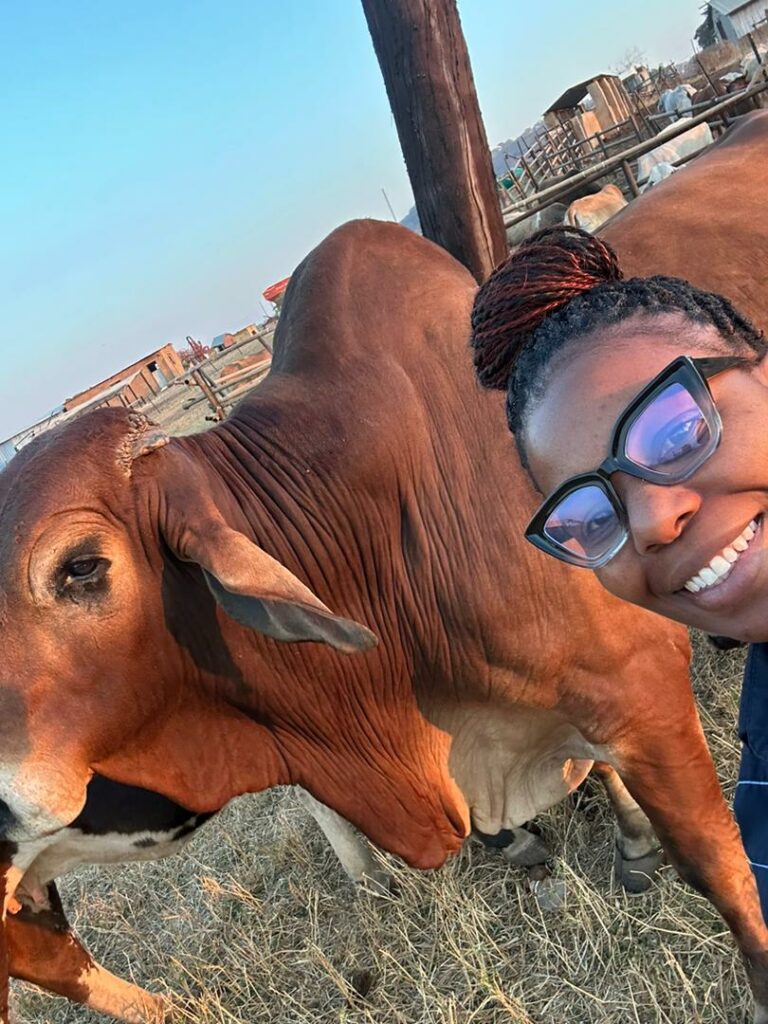
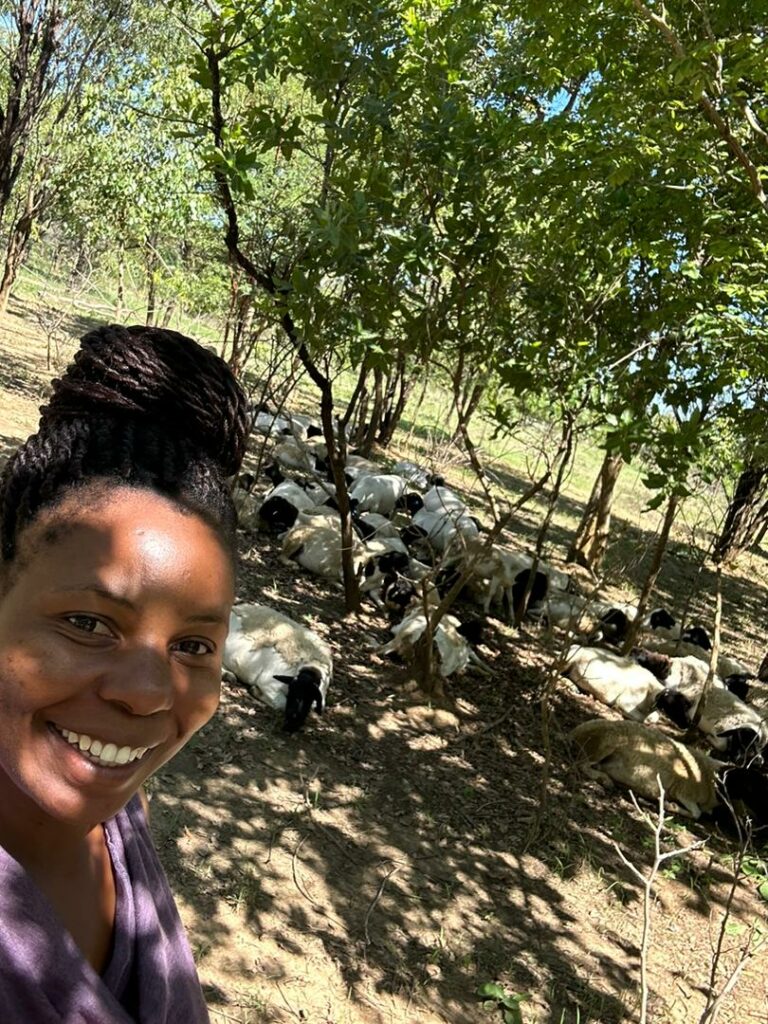
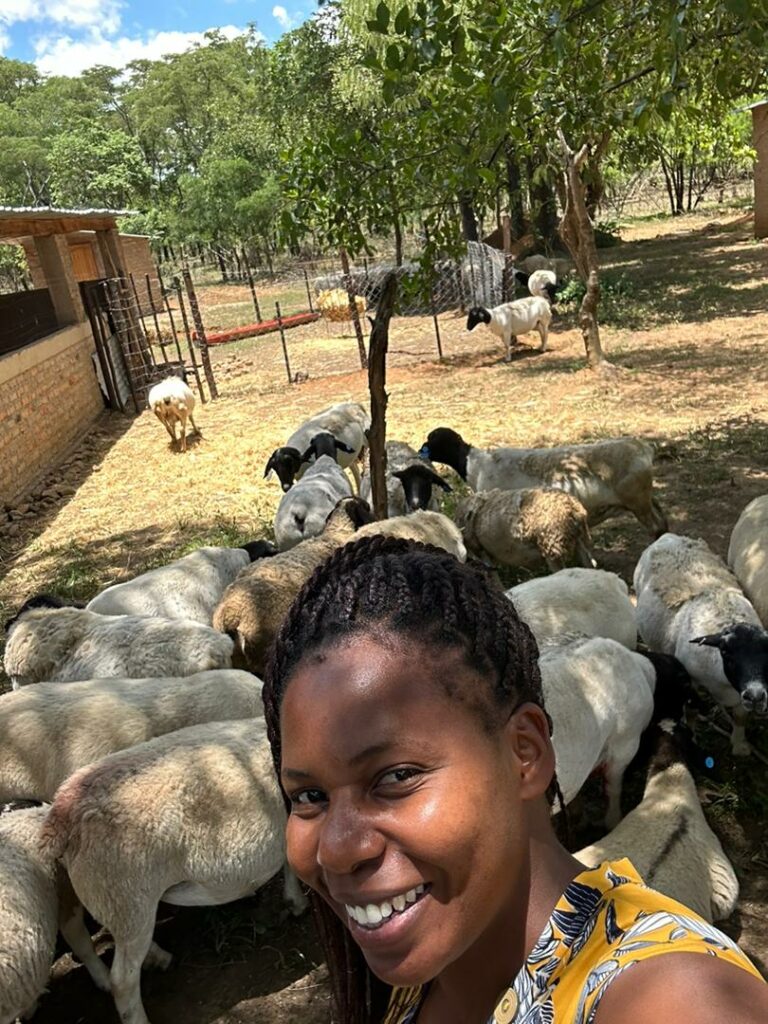
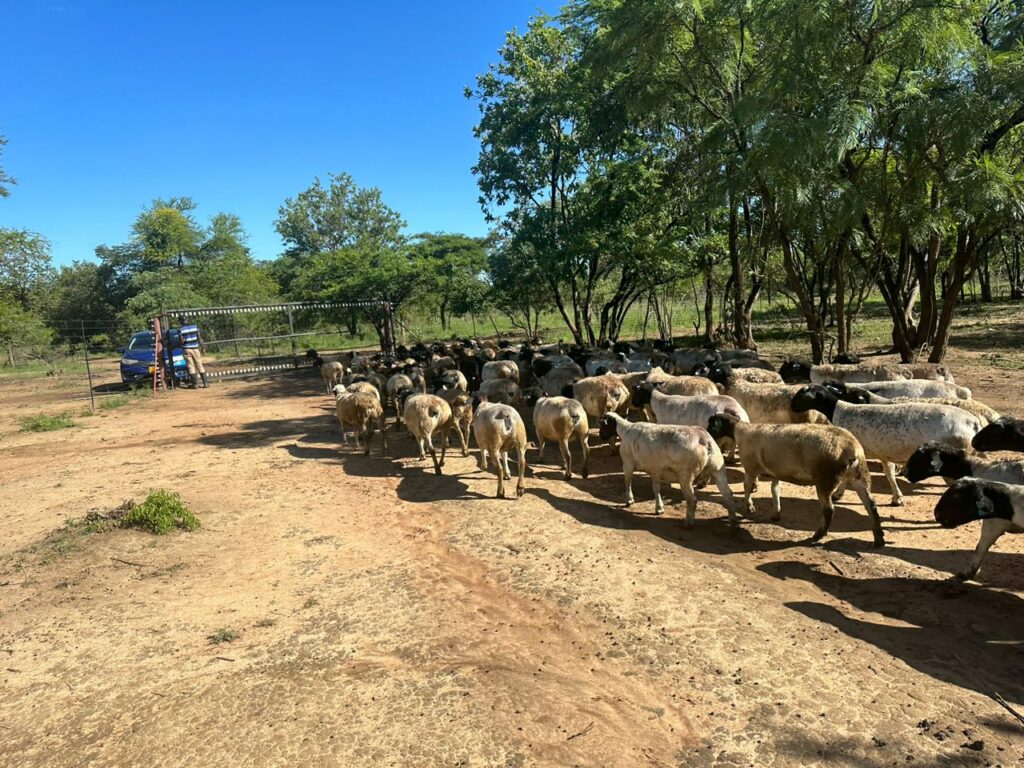
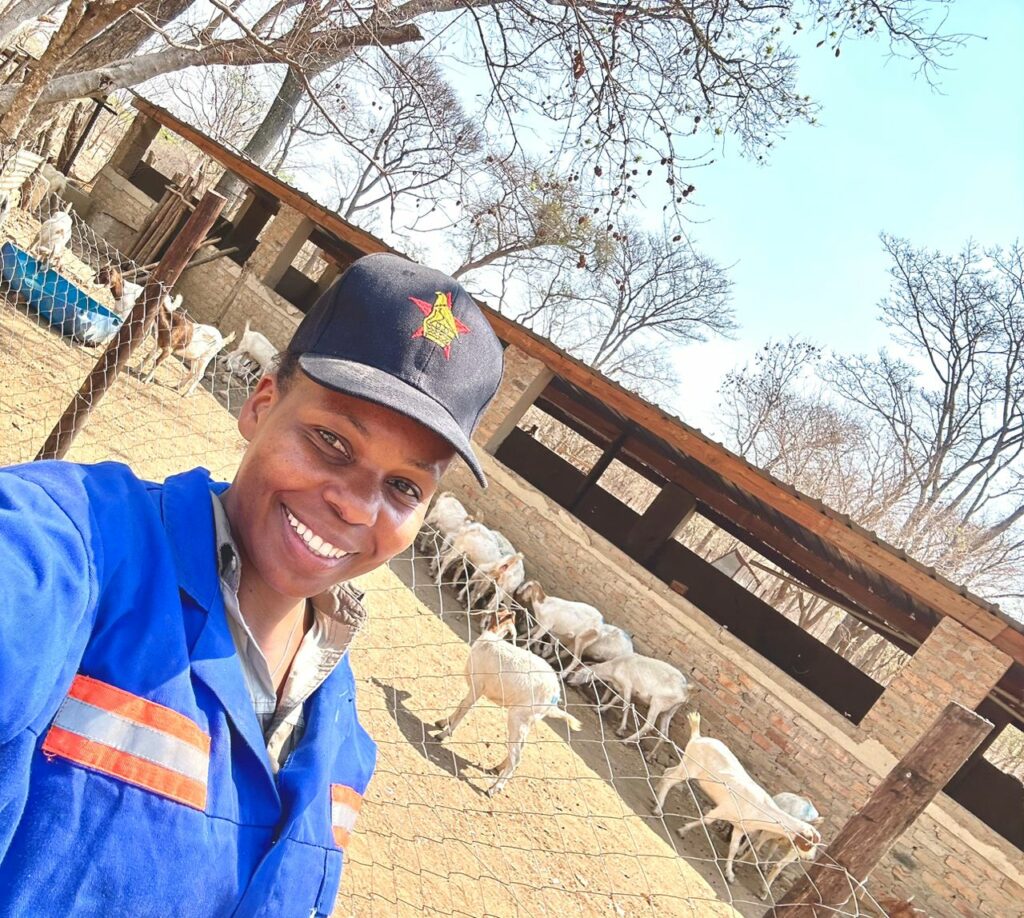
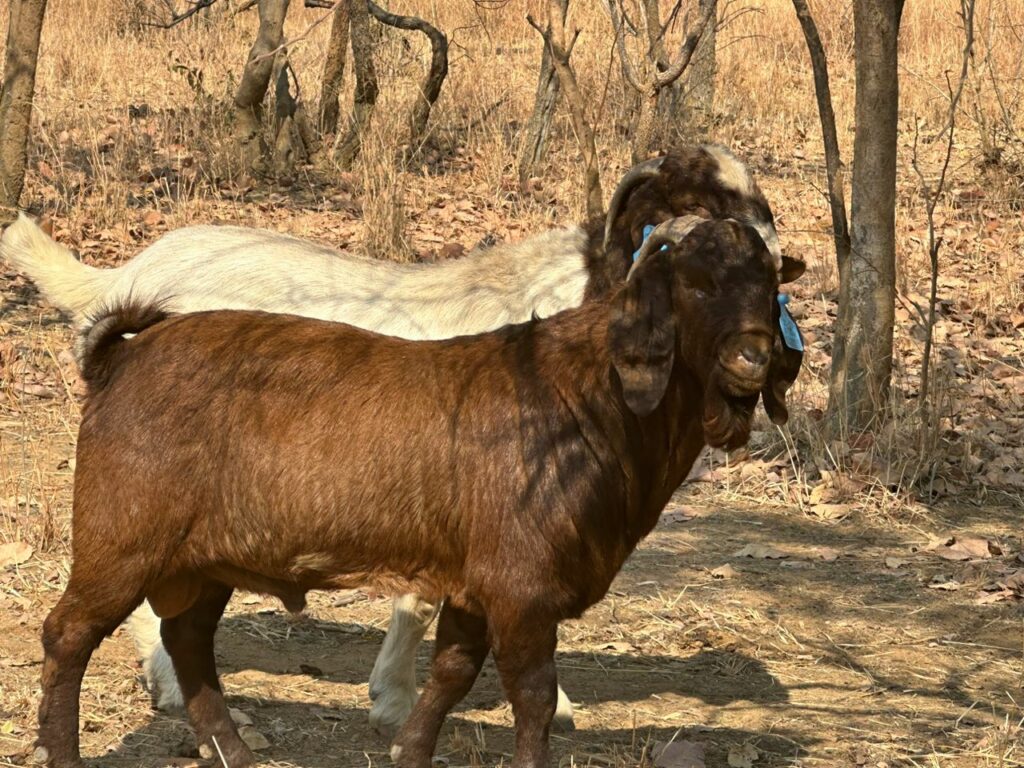


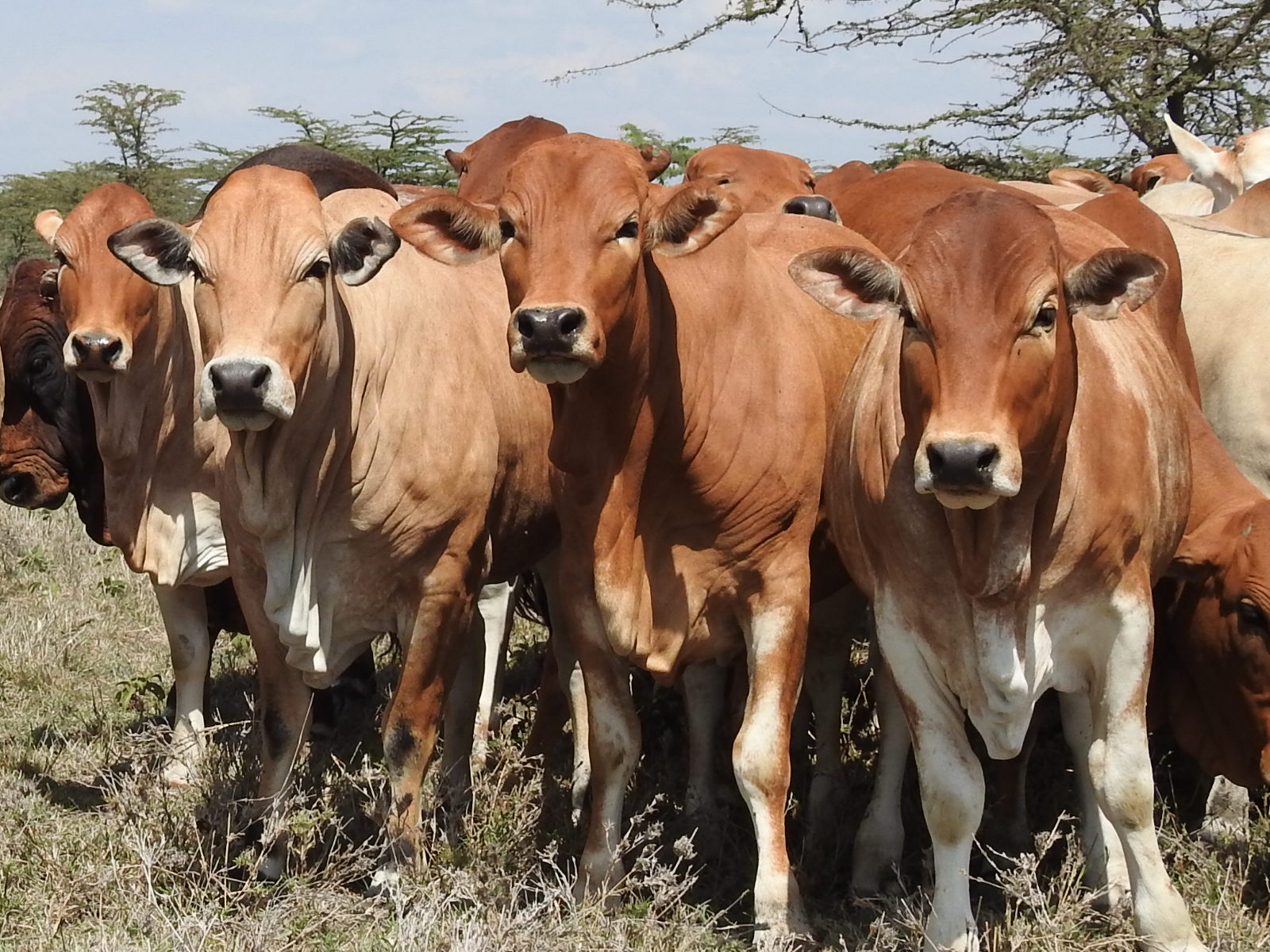
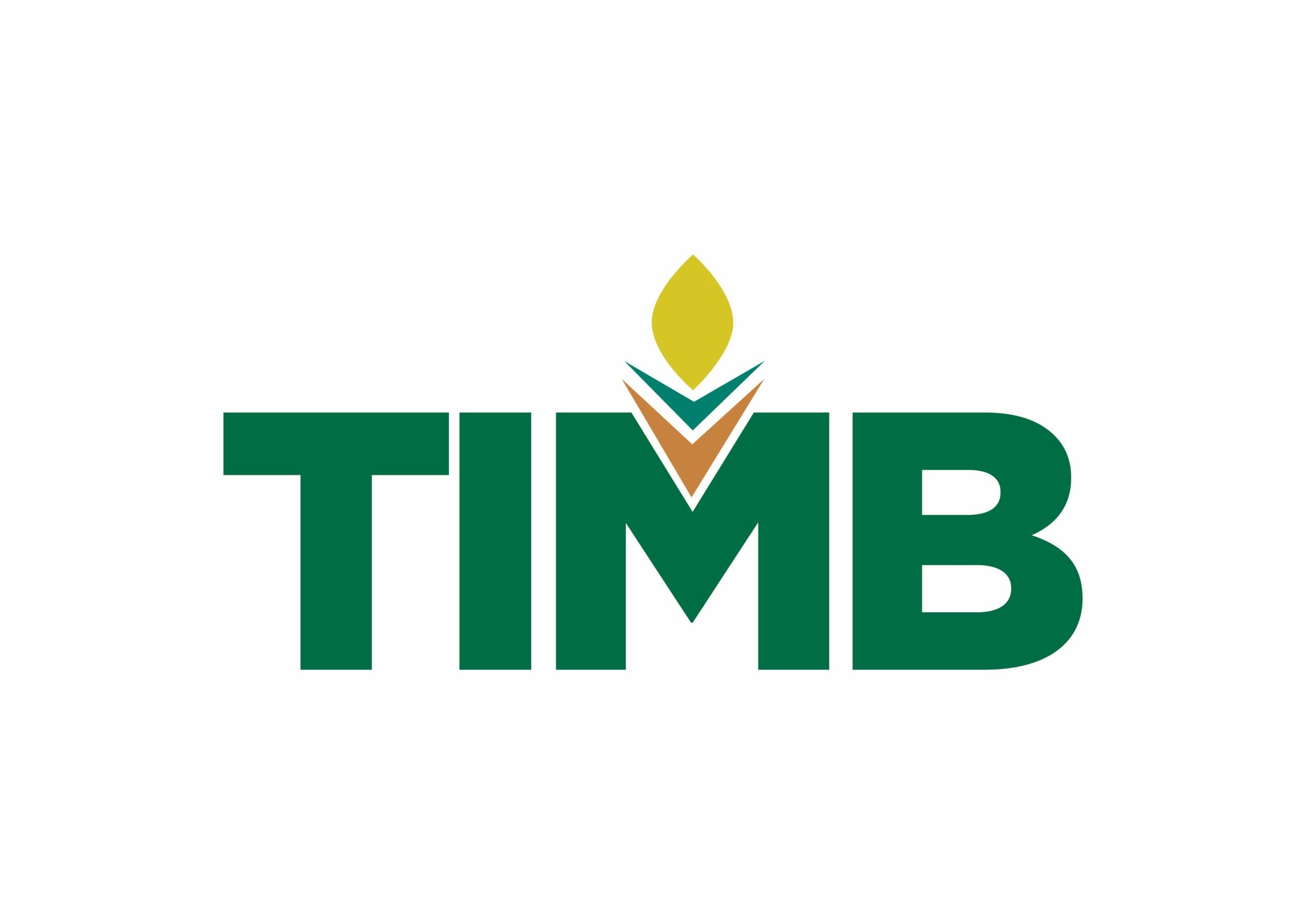
Very encouraging. Its possible after all. All you have to do is to start